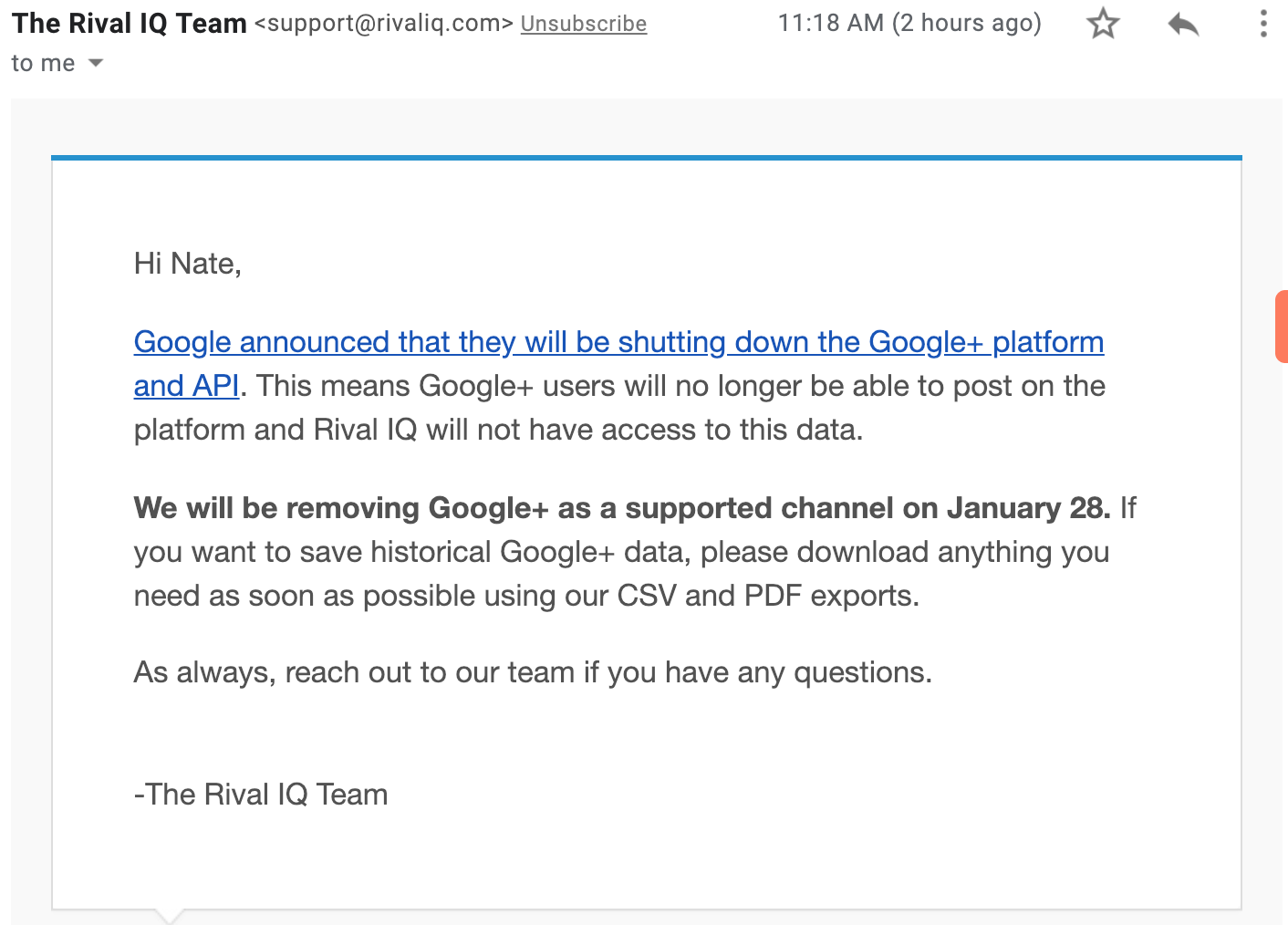 (Just so you know in advance, there's a contest at the end of this post. If you want to play, please keep reading...)
(Just so you know in advance, there's a contest at the end of this post. If you want to play, please keep reading...)
Yesterday, I met with Sarah's organization, LifeCare Alliance, to discuss how I might be able to help them get things going on a few projects. Just so you know, LifeCare won't be a paying client of mine. They have a great mission, helping hordes of people in and around the Columbus community and, frankly, Sarah has already paid their bill in supporting me throughout the start-up months of Social Business Strategies.
It's funny to me to admit this, but I found out during the meeting that I barely made eye contact with Sarah. Rather, I focused on engaging with the people she brought to the table. I stayed professional, but it was almost involuntary. It was like some subliminal force kept my communication style in professional mode so, at all costs, I could avoid the perception of a potential conflict of interest.
Want to learn more? Discover Interperosnal Human Needs.
What's most interesting to me was the conversation Sarah and I had while preparing dinner that evening:
(Generally paraphrased)
Me: So how do you think it went? The meeting, that is. Was it okay?
Sarah: I thought it went well. Everyone seemed to be open to the ideas. But seriously, how come you don't talk like that when we're at home?
Me: What do you mean?
Sarah: You were so calm and collected! You never interrupted anyone. You listened really intently, and I could tell you were considering what everyone had to say. Even your voice was more calm!
Me: Really? I was that much different?
Sarah: I was starting to wonder what happened to my fiance? If you'd been kidnapped and replaced or something.
Interpersonal Communication Styles & Conflict
Our relationships and the level of closeness have a tendency to alter our style of communication. What's interesting is that this seems to be most prominent in nonverbal communication. From our voice inflection to gestures to our facial expressions, the depth of the relationship and feeling of closeness changes the way we humans send messages.
Why? The simple answer is conflict.
I was able to find this article by Todd Nelson, which summarizes research conducted by Ronald Adler, Lawrence Rosenfeld, and Russell Proctor (three Ph.D professors) who focus on interpersonal and organizational communication at separate universities. Their work outlines four styles of communication that humans use when managing conflict in interpersonal relations with others.
My take is this: these styles would be present in shallow relationships. Those might included office coworkers, causal friends, connections in your professional network or even a variety of relationships that are formed using social media.
- Nonintimate-Aggressive - In this style, humans dispute issues without dealing with one another on an emotional level. It would seem that this is probably one of the most prevalent styles in customer-client relationships.
- Nonintimate-Nonaggressive - In this style, humans have a tendency to go silent and avoid issues rather than facing them head-on. Intimacy and disagreement are typically avoided.
My take: these next styles are present in deeper relationships, such as with couples (like Sarah and I), close friends or maybe even long-time business partners. Factors that may affect the depth of relationships seem to be time and frequency of communication - not that social media, as a communication channel, has an effect on both time and frequency. I've written about how the onion of Social Penetration Theory applies in Social Media before.
- Intimate-Aggressive - This style combines aggression with intimacy that may seem upsetting to outsiders. In terms of conflict communication, nothing is hidden and nothing is kept in check. Humans communicating in this style feel conformable with a high level of openness.
- Intimate-Nonaggressive - The healthiest style, it involves intimacy and a low use of negative forms of expression, such as attacking or blaming. When conflict arises, people are more careful with how they choose to express disagreement.
In conflict, being aware of your own communication style is critical to developing and maintaining relationships. Whether it's a meeting with a new client, your fiancé, your kids, a coworker or a close friend, conflict will always be present in relationships.
The Contest
Here's an interesting exercise you can try, and I'd like to make this a sort of contest. You with me?
- Pick any two of your current relationships - please use fake names to keep things private
- Think deeply about the last time you were in conflict and write down the communication style you felt was used
- Next, write down the outcome of the conversation
- Finally, write down three things you can do to modify the outcome of a future conversation with the same person
- Submit your findings in the comments here
From the submissions, I'll pick two winners (based on how they would change their communication style). The winners will be sent one of my favorite books on interpersonal communication, Crucial Conversations by Kerry Paterson.
What do you say? Are you game?



